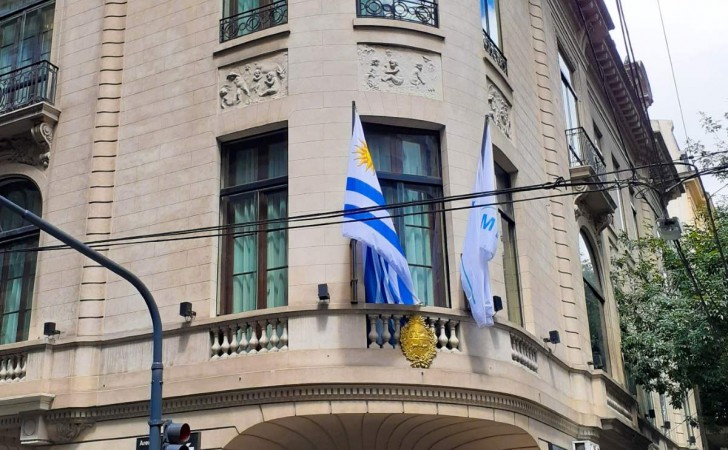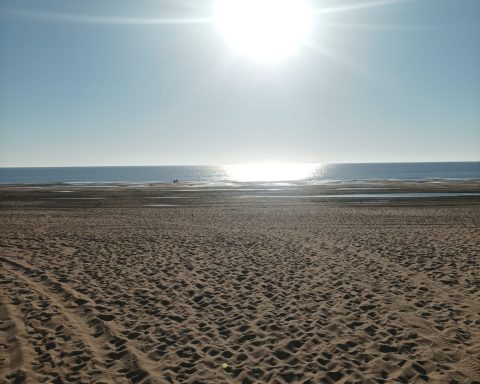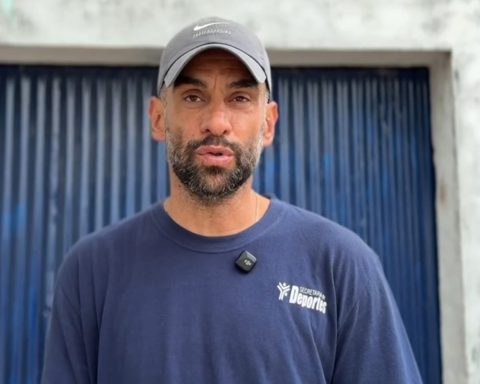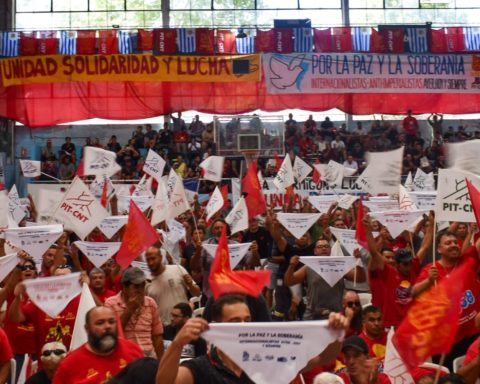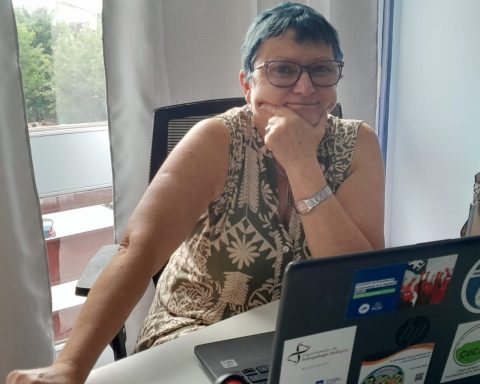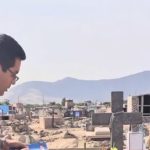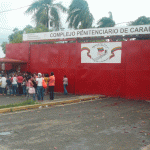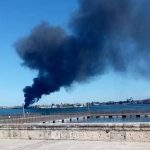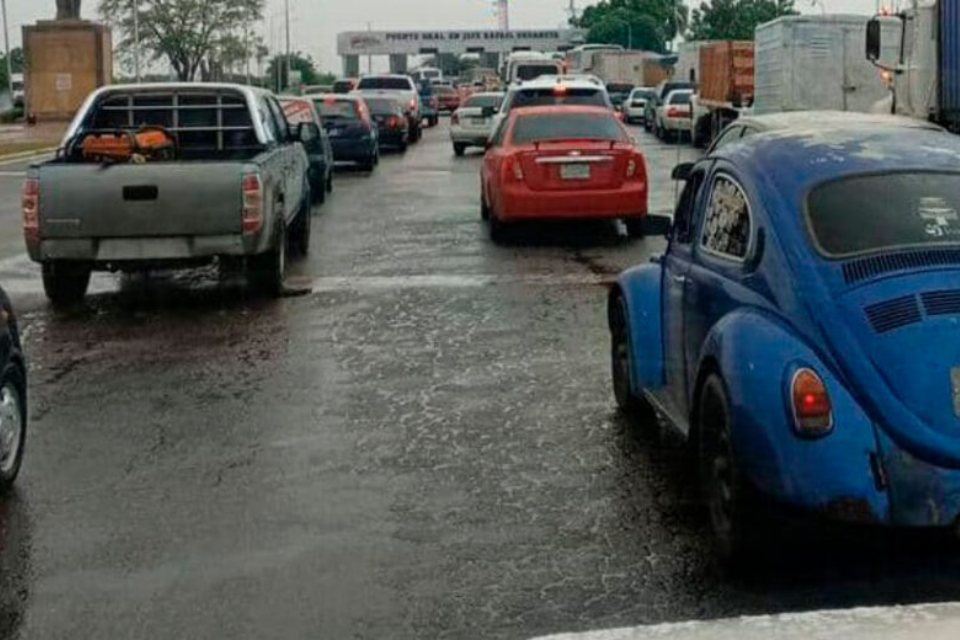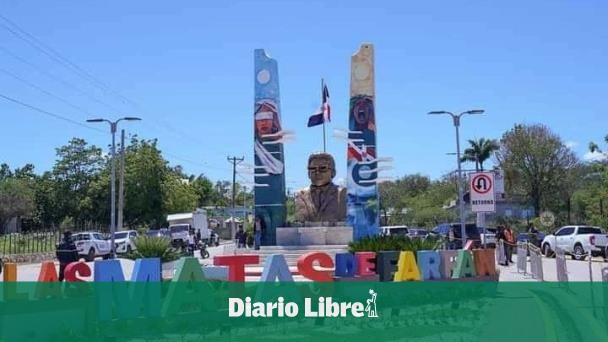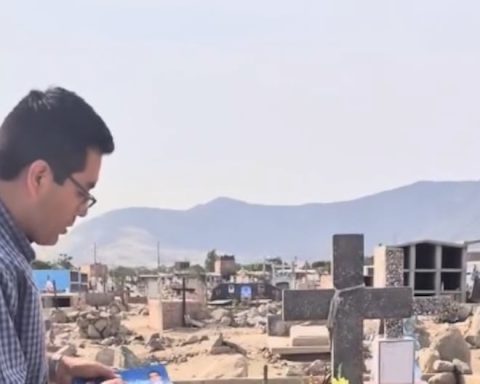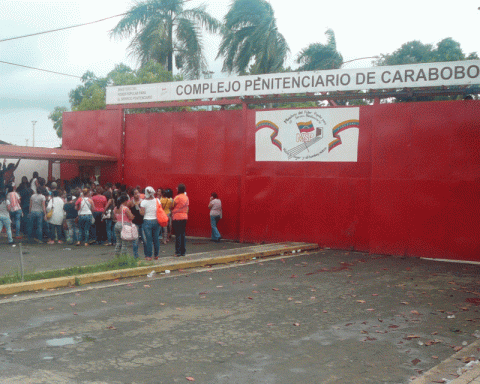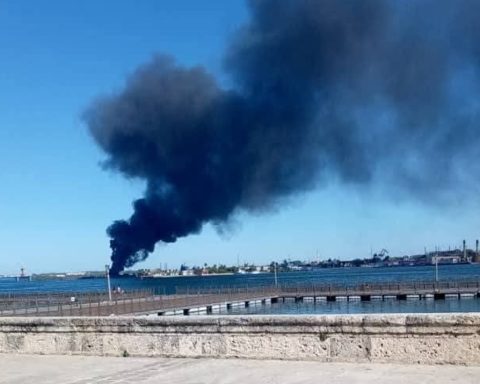
In recent weeks, the right-wing coalition has tried to articulate what the Frente Amplio was so criticized for in the past: a paid travel structure for multicolored voters to come and cast their vote in Uruguaygiven that the Constitution does not contemplate consular or epistolary votes, as other countries in the world do.
The journalist Fabian Cardozopresident of the Board of Directors of the Uruguayan Press Association (APU), shared on social networks the publication of a group of Uruguayans residing in Buenos Aires who they denounce alleged interventions by the Uruguayan consul in the Argentine capital, José Luis Curbelo Candia.
“This is clear from his response to queries to facilitate travel for the runoff, which although he clarifies that as a consul he cannot have political-party activity, he in fact acts as a link with at least his political community, who then contact the or the interested party to facilitate the ‘free’ trip to vote on the 24th“, denounced the Uruguayan Daniel Estoanoffwho tagged 17 more people in the post.
“It is worth mentioning that the link with who identifies as a Frente Amplista has not been verified. … Up to this point it would even be a good gesture from the consul, if it were not for the fact that the law of his country, (of our country), prevents those who do not reside in the territory of the Republic from exercising their vote. So my question is: Shouldn’t the consul, whom I have not had the pleasure of meeting personally, comply with and enforce the laws in force in Uruguay? Acting as a link with our own or other political organizations to bring voters from Argentina, isn’t it encouraging non-compliance with the current electoral law? “Soanoff asked in the post shared by Cardozo.
And he added another harsh question: “Perhaps, and at least, isn’t it an intolerable hypocrisy that someone who represents the government of our country as an official in such a high position, whose party, or coalition has denied and denies the votes to end this absurd electoral law, serve as a link to violate it?
Daniel Justonoff resides in Buenos Aires and has fought, together with organizations and individuals, for the right to consular voting that Uruguayans have been denied since the very conception of the Constitution of the Republic. According to his social networks, during this electoral campaign he has worked to get Frente Amplio voters to travel to Uruguay, with facilities and discounts on tickets.
What does the Constitution say about the political-partisan activity of public officials?
The article of the Constitution of the Eastern Republic of Uruguay that establishes limitations on the political-partisan activity of public officials is Article 77. This article prohibits public officials in office from participating in political activities, including proselytism.
Article 77 says verbatim:
Judicial magistrates, members of the Contentious-Administrative Court and the Court of Accounts, Directors of Autonomous Entities and Decentralized Services, active military personnel, whatever their grade, and police officials of any category, must refrain, under penalty of dismissal and disqualification of two to ten years from holding any public job, from being part of political committees or clubs, from signing party manifestos, authorizing the use of their name and, in general, from carrying out any other public act. or private of a political nature, except for voting.
And he adds later:
The President of the Republic and the members of the Electoral Court may not be part of political commissions or clubs, nor act in the governing bodies of the parties, nor intervene in any way in political propaganda of an electoral nature.
As for the consuls and diplomatic personnel abroadare also subject to these restrictions. Although their function is mainly the representation of the State and the maintenance of diplomatic relations, compliance with the regulations that govern political-party activity extends to them, as well as to other public officials. This is to ensure impartiality and proper performance of their duties abroad.
